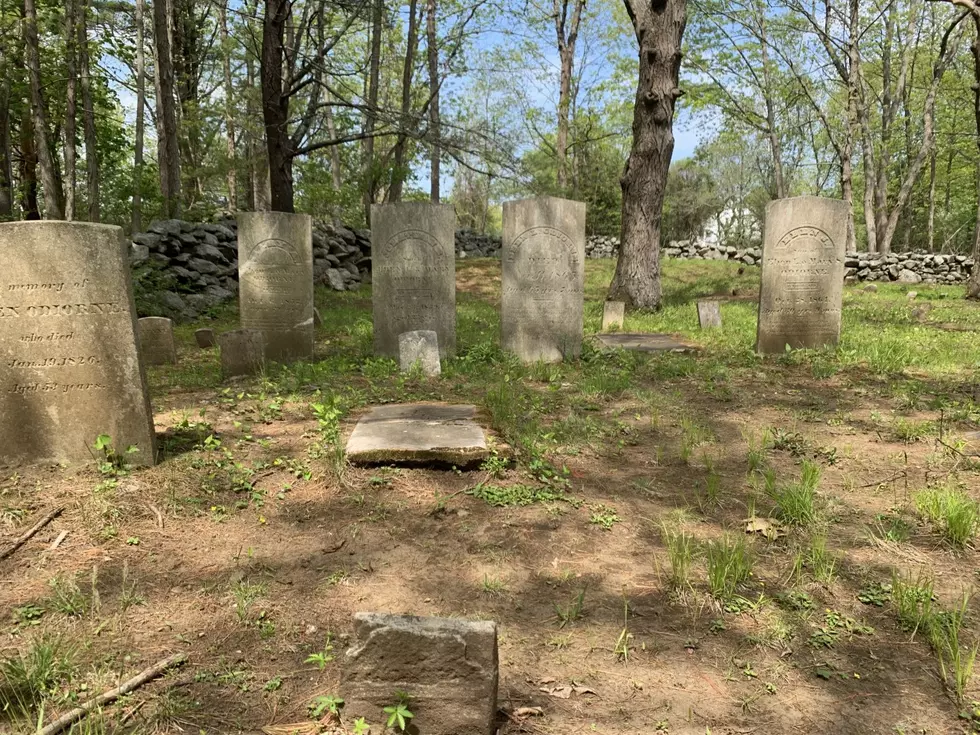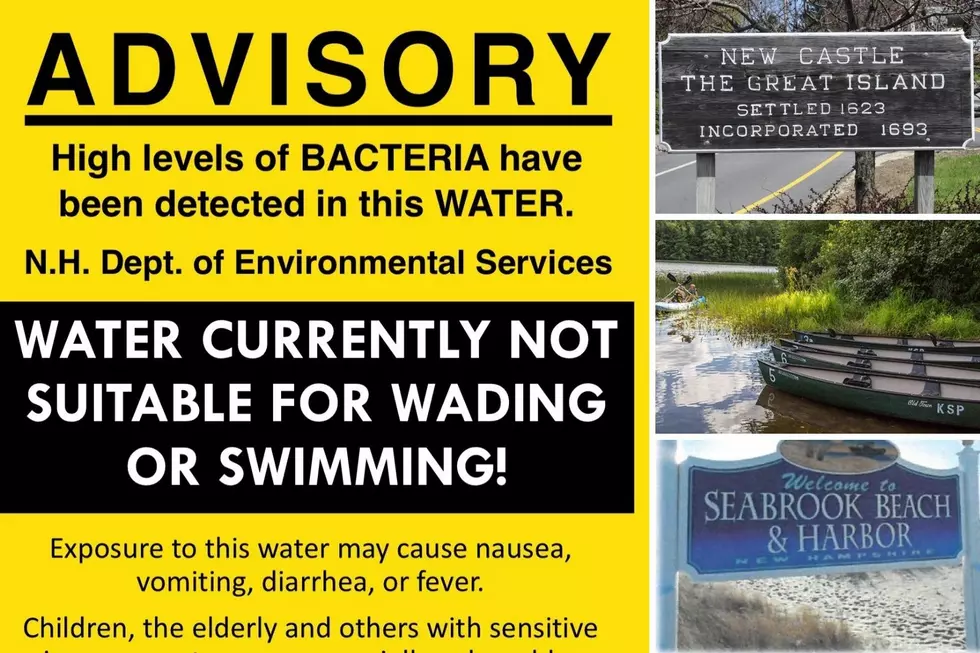
Help Coming to Seacoast Ecosystems Affected By Climate Change
New funding is coming to Seacoast communities and ecosystems affected by climate change, according to a joint release from Sen. Jeanne Shaheen, Sen. Maggie Hassan and Rep. Chris Pappas.
The National Oceanic and Atmospheric Administration (NOAA) is awarding $275,000 to the New Hampshire Department of Environmental Services (NHDES) for the department’s "Living Shoreline Stabilization for Communities and Tidal Wetlands in the Great Bay Estuary" project, according to the release.
"Granite State communities and habitats along the Seacoast are especially vulnerable to the impacts of climate change."
-Sen. Jeanne Shaheen
Great Bay Estuary municipalities in New Hampshire including Dover, Durham and Newmarket will benefit by the increased effort to support living shoreline projects that protect salt marsh habitat and coastal communities from erosion, sea-level rise and flooding, among other things. A living shoreline is a protected and stabilized shoreline that is made of natural materials such as plants, sand, or rock.
“Granite State communities and habitats along the Seacoast are especially vulnerable to the impacts of climate change, which include rising sea levels, erosion and flooding that can cause serious damage and place lives and livelihoods at tremendous risk,” Shaheen said in the release. “These federal dollars will help strengthen natural coastal infrastructure in Dover, Durham and Newmarket, which will boost the resiliency of these communities in the face of our rapidly changing climate.
"These funds will also safeguard precious salt marsh wildlife and habitat, investing in the sustainability of the region’s environment. Securing federal investments to protect Granite State communities from the effects of climate change and combating this crisis have long been a top priorities of mine, and I’ll continue to fight for more funding through my work on the Senate Appropriations Committee.”
Added Hassan: “Climate change is a real and serious threat that has already hit New Hampshire’s Seacoast particularly hard, and we must act quickly in order to mitigate further damage to these communities,” Senator Hassan said. “This federal grant will help protect the Great Bay Estuary, as well as the communities that surround it, from the devastating effects of climate change. By protecting this treasured natural resource, we will help preserve this unique coastal ecosystem while safeguarding the Seacoast economy. I will continue working with the rest of the New Hampshire Congressional Delegation to help combat climate change in order to protect our environment, our economy, and our way of life.”
Pappas echoed the sentiments expressed by the senators and added that he was "pleased NHDES will be receiving these critical funds, and I will continue working with the Congressional delegation to support resiliency projects to protect our state’s natural environment for future generations.”
LOOK: 50 photos of American life in 2020
More From Seacoast Current








